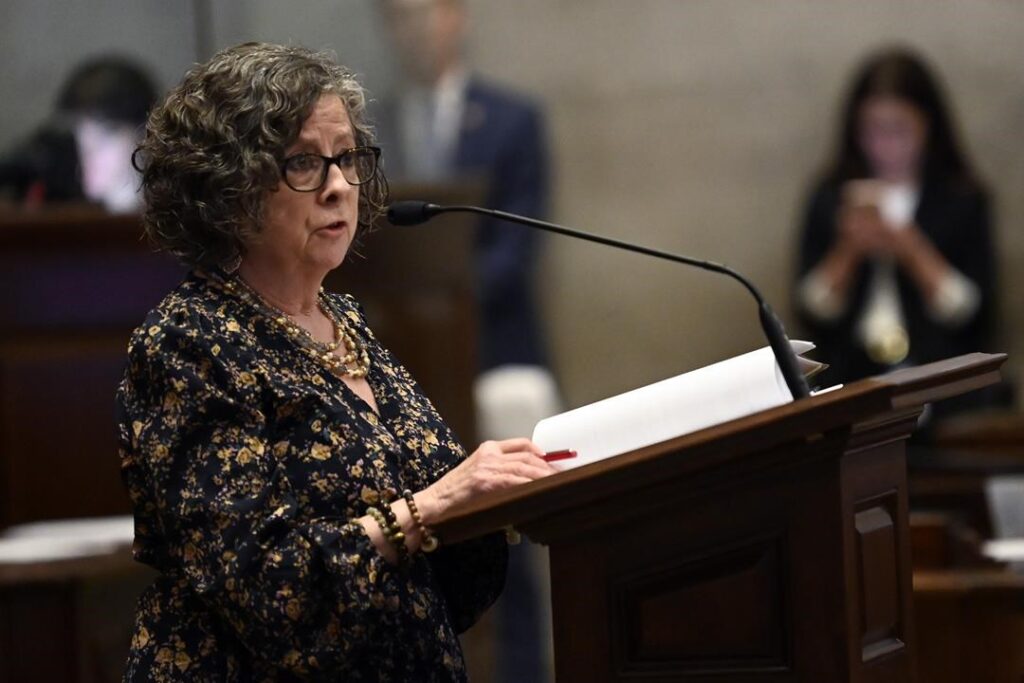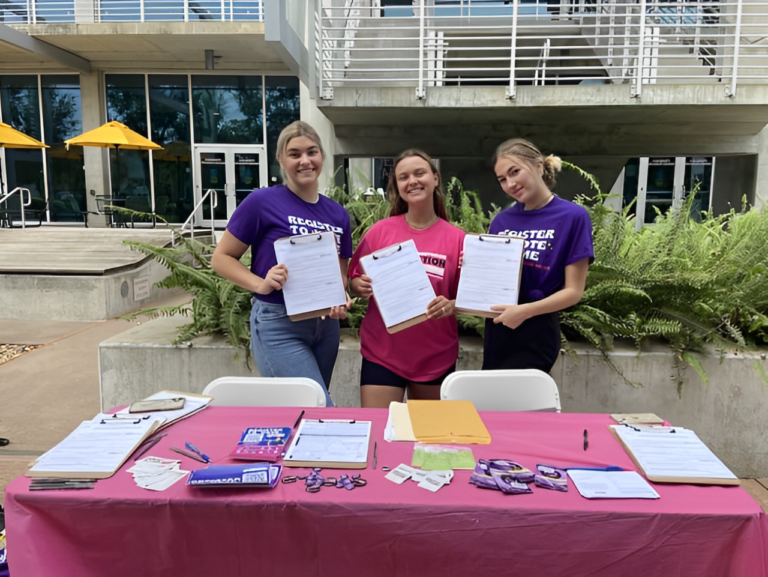In Tennessee, a new bill is making its way through the Republican-controlled Legislature, which would require public school staff to inform parents if their child identifies as transgender. If the bill passes, Tennessee would join several other states with similar laws, including Alabama, Arizona, and North Carolina.
The bill passed a crucial vote in the GOP-controlled House on Monday, bringing it one step closer to becoming law. It still needs to pass another vote in the Senate before reaching Governor Bill Lee’s desk for final approval.
Critics of the bill, mostly Democrats, argue that it’s another attempt by Republicans to target LGBTQ+ youth. They voiced concerns about the potential harm to vulnerable students.
During the House debate, Democratic Rep. Aftyn Behn expressed worry about the impact on LGBTQ+ kids, calling them “the most vulnerable kids in our state.”
Republican Rep. Mary Littleton, the bill’s sponsor, defended the legislation, stating that parents have the right to know what’s happening with their children at school. She suggested that informing parents could lead to therapy for students struggling with their gender identity.
However, Littleton admitted that she didn’t consult any transgender students before introducing the bill. She claimed that some teachers had expressed discomfort with the responsibility of handling such information.

This bill is just one of several targeting the LGBTQ+ community in Tennessee. Earlier this year, Republicans passed a law allowing LGBTQ+ foster children to be placed with families holding anti-LGBTQ+ beliefs.
Other measures are being considered, including criminalizing adults who assist minors in accessing gender-affirming care without parental consent.
Related Articles:
- Florida Judge Issues Apology for Courtroom Outburst
- Florida Enacts Bills Restricting Police Oversight and Harassment Laws
- New Laws in Florida Aim to Protect Police Officers and First Responders
In the past, Tennessee Republicans have implemented various policies restricting LGBTQ+ rights in schools, such as limiting transgender students’ bathroom use and allowing parents to opt-out of discussions about gender and sexuality in classrooms.







+ There are no comments
Add yours